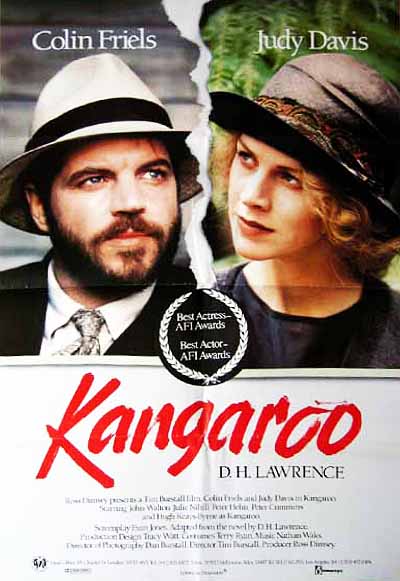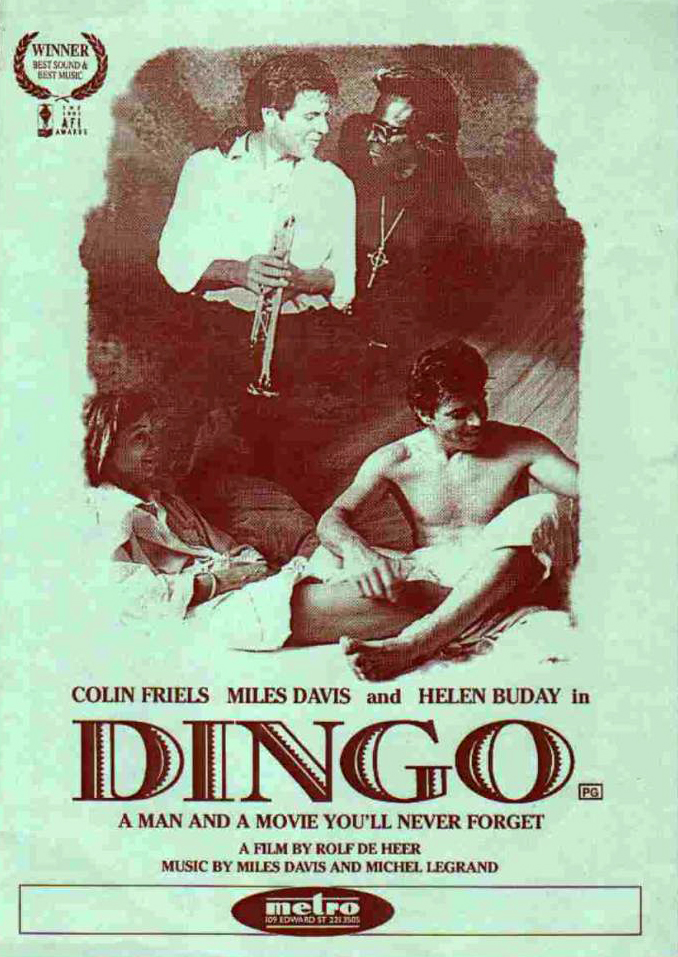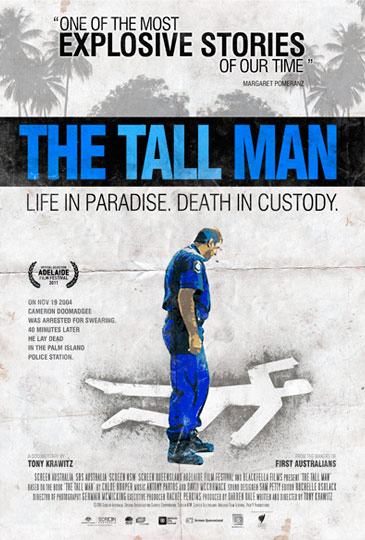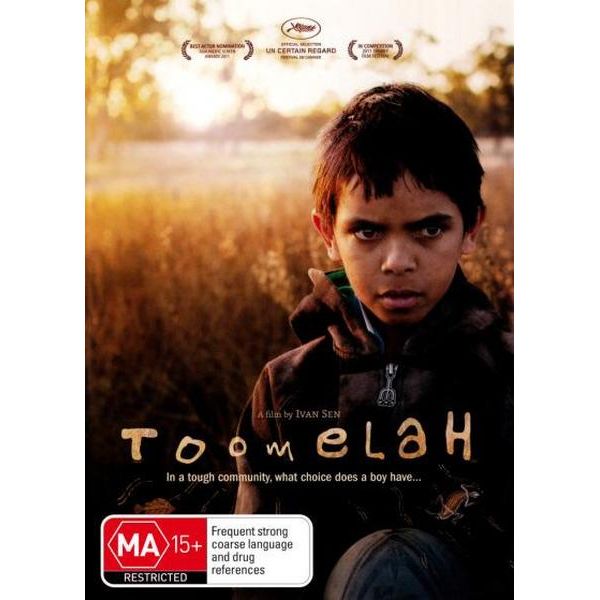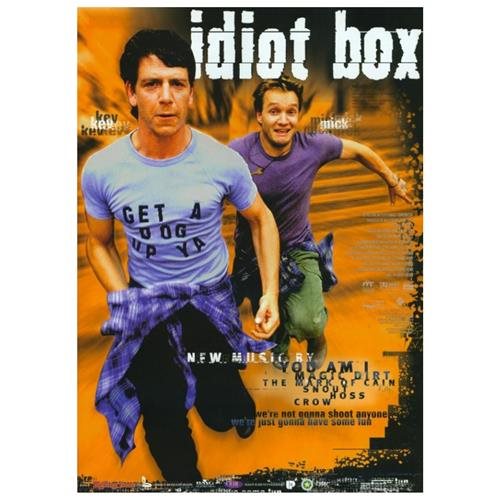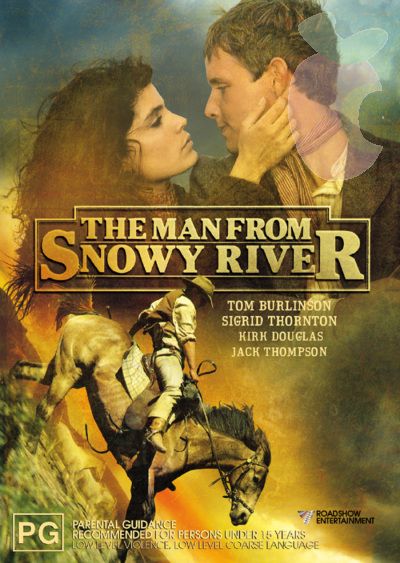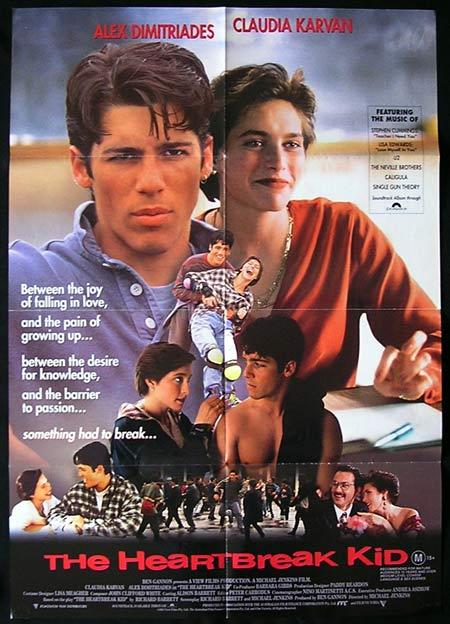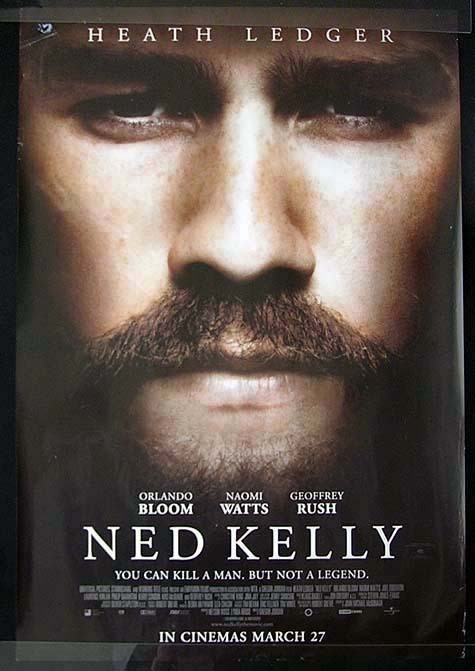
The novelty of encountering an incongruous name and lush surroundings will soon wear off for an interloper, Arthur Waldo (Terry Camilleri), when he stumbles into the small Australian country town of Paris with his brother George at the wheel.
Peter Weir’s The Cars That Ate Paris, made just a year before Picnic at Hanging Rock (1975), is a seriously bent, occasionally hilarious black comedy with interspersed elements of satire and horror. His Paris is a struggling, rundown little nowhere town, filled with ramshackle houses and rusty sheds and populated by a very peculiar bunch of locals, led by their Mayor (John Meillon).
George doesn’t survive the opening car crash and, traumatized by the accident, Arthur’s required to stay in town until his recovery is complete. Leaving however isn’t as easy as it sounds; coupled with a phobia of driving – a result of an earlier crash which saw him charged with but acquitted of manslaughter – there’s also the resolute determination of the locals to prevent him from leaving, the Mayor declaring to his fellow council members that “we’re keeping him!”
The people of Paris enjoy causing car wrecks; this, however, is only the first part of their ghoulish modus operandi. Dead bodies are but a minor inconvenience, such as that of a significant figure later in the film whose decapitation is declared a ‘shooting accident’. The Parisians soon set about cannibalizing the leftovers of wrecks for precious parts to stimulate their insulated economy or else creating bizarre overhauls – a series of re-fitted, colourful creations that roar through the streets at night causing mayhem.
These revelations are bad news for poor Arthur whose indoctrination includes being forced to move in with the Mayor as a surrogate son after exhibiting the slightest hint of wanting to make a run for it out of town. As he’s bluntly informed: “Nobody leaves Paris!” The gentle, reserved Arthur is hardly a man of action and meekly acquiesces. He becomes an employee and lasts one day as a hospital orderly where the patients are mostly “veggies” – past accident victims exhibiting degrees of brain injury – before becoming the town’s parking officer.
The Cars That Ate Paris is a rollicking example of carefree, uninhibited filmmaking from a young director nearing his prime, pursuing an outlandish vision with an admirable single-mindedness. True, Weir’s screenplay is somewhat undisciplined and uneven, creating a film that’s extremely rough around the edges, but in many respects it’s the lack of restraint that’s so exciting. There is plenty of satire, conceived not with a sharp wit, but rather a rusty scalpel; yet you can’t help falling for its reptilian idiosyncratic nature as the film progresses.
The action which culminates on the night of the Pioneer Ball – ludicrous but amusing costumes included – becomes a madcap free-for-all as the rebel element in town, revolting against the Mayor’s harder line on making Paris a more respectable place, run amok. Through this, Weir is not only setting up a spectacular finale but restating the intimations of horror sprinkled throughout the film’s first half as a full-blooded assault on the senses; vehicular homicide included!
There are some very effective creepy moments early on, establishing an undercurrent of disquiet as we come to terms with the nature of this town’s bizarre operations as a post-crash assemblage of men swiftly goes to work to salvage the car parts and leave a ravaged husk behind. Likewise, there’s a typically fine accompanying score from composer Bruce Smeaton which is inclined to emphasize the eeriness of the drama rather the satirical elements.
Camilleri is perfect as the wimpy, almost effeminate, softly-spoken Arthur whilst Meillon exudes dignified presence in the face of change as the fading Mayor. They’re ably supported by a colourful supporting cast that includes Max Gillies, Bruce Spence, Kevin Miles and a young Chris Haywood as the talkative hospital orderly.
Peter Weir would reach far loftier heights with his masterpiece Picnic at Hanging Rock the following year, but his earlier work, culminating with The Cars That Ate Paris, is worth revisiting for more than just its curiosity value. Macabre, hilarious and above all entertaining, this is a notable and highly original early work from one of our great directors.

